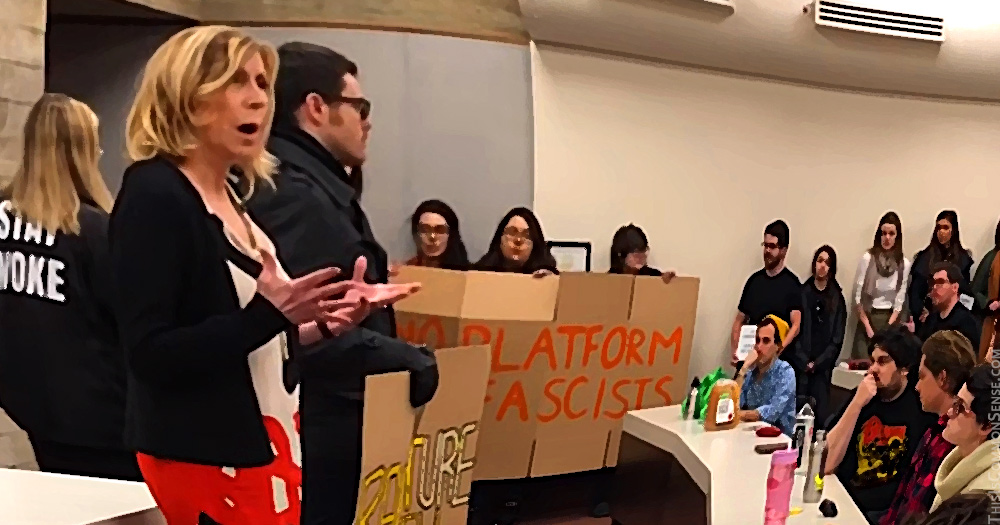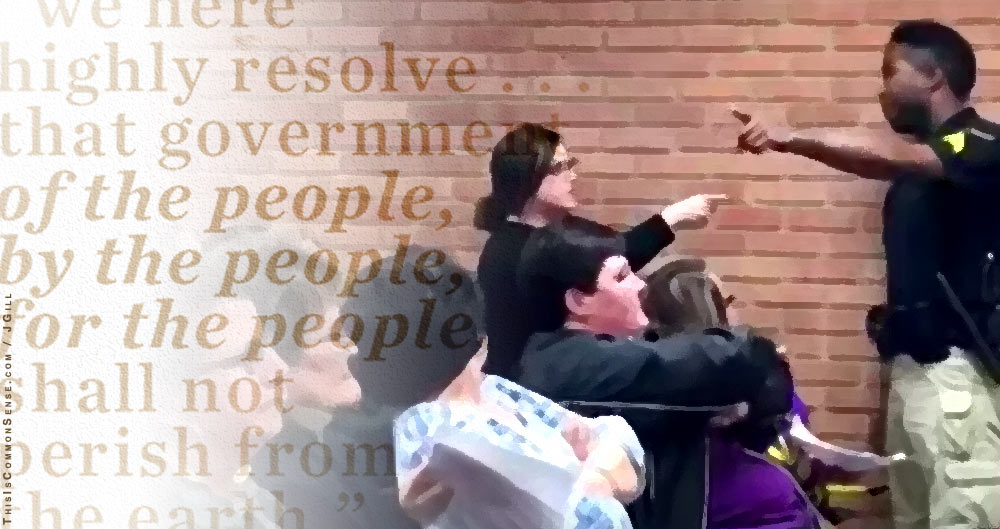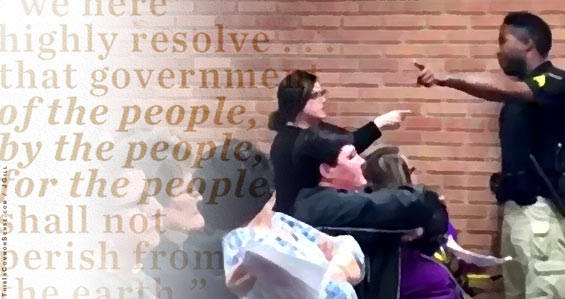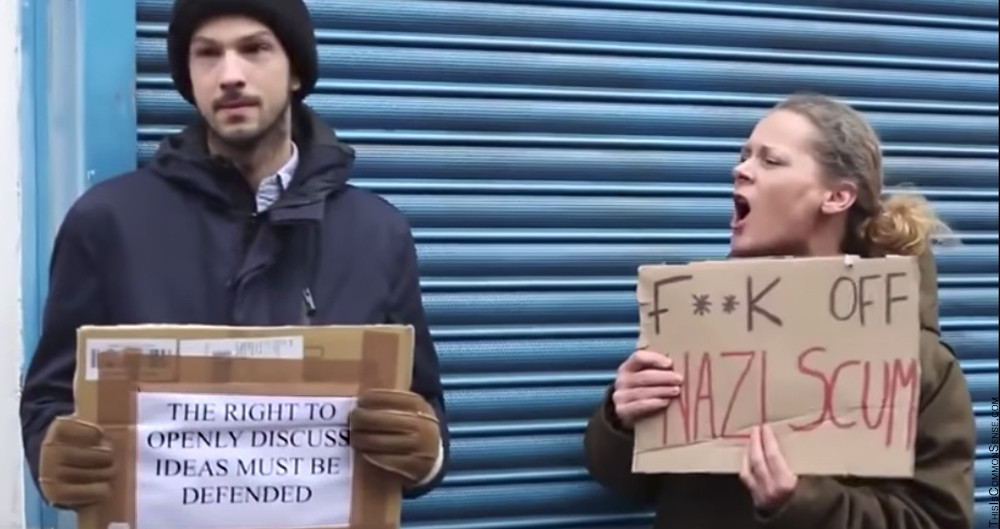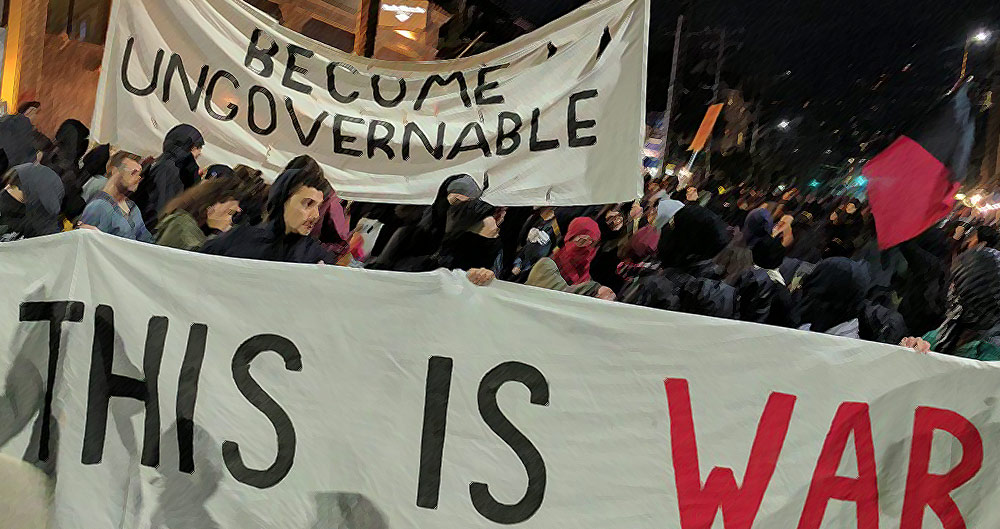If you are older than 50, you probably remember when “liberal” meant free speech advocacy to the point of absolutism. “I may disagree with what you say,” stalwart liberals pledged back in the Sixties, “but I’ll defend to the death your right to say it.”
Nowadays, if you are under 30 and have gone to college, you may not even have encountered this saw.
Which has consequences.
Nine student groups protested, last week, the Federalist Society’s invitation of writer Christina Hoff Sommers to speak at Lewis & Clark Law School. The groups called it an “act of aggression and violence” and smeared the philosopher and Democrat as “a known fascist.”
Bari Weiss, writing in The New York Times, calls this “the moral flattening of the earth,” the “main effect is that these endless accusations of ‘fascism’ or ‘misogyny’ or ‘alt-right’ dull the effects of the words themselves. As they are stripped of meaning, they strip us of our sharpness — of our ability to react forcefully to real fascists and misogynists or members of the alt-right.”
While this “flattening” does prevent the flatteners (bullies) from even seeing any gradations of threat or error, let’s not pretend to be surprised. Their techniques do not merely echo, but replicate exactly, neo-Marxist postmodernist philosopher Herbert Marcuse’s proposal, in “Repressive Tolerance,”* to censor writing and speech “from the right.”
Ideas have consequences. Just as Marxian socialism led to Lenin, Stalin and Mao, these tyrants led to Marcuse, whose thinking set much of today’s Academia into full tyranny mode.
It’s time for liberals “on the left” to repudiate explicitly the methods of tyrants … to their left.
This is Common Sense. I’m Paul Jacob.
* See Herbert Marcuse and Robert Paul Woolf, A Critique of Pure Tolerance (1965). My college political theory professor, a proud communist, was a big fan of Marcuse.
